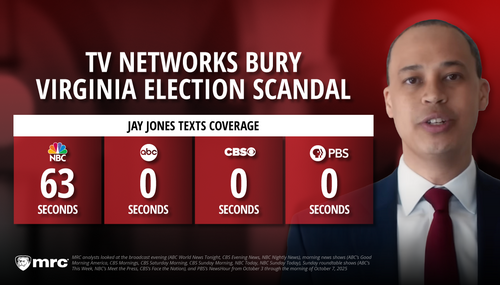Brooklyn College professor Robert KC Johnson has done more than anyone except defense attorneys to expose the investigative and legal travesties of what’s really the DA Nifong Hoax case but is usually called the Duke lacrosse case.
Johnson hasn’t just taken on Nifong and certain Durham police officers who conspired to frame the players. He’s also called attention to those such as Duke’s administration, much of it’s faculty, and some media and “rights groups,” who by silence or active encouragement, have enabled the ten month long series of injustices that grew from the false witness made at Duke Hospital the morning of March 14, 2006.
The New York Times has been one of Nifong’s most consistent enablers.
Johnson takes The Times on in a NY Post op-ed which begins:
READERS who followed The New York Times' coverage of the Duke lacrosse case probably experienced whiplash after reading the Monday Times editorial that hailed "modern DNA testing" for "steadily uncovering a dark history of justice denied."Johnson provides much more evidence of The Times’ failure to match its reporting with the facts before he concludes:
The editorial mentioned two specific examples. The first came in Dallas, where a prisoner spent 18 years in jail, convicted of rape "based solely on faulty testimony of a witness." A DNA test that Texas prosecutors had fought to block then proved his innocence.
The Times also praised North Carolina's innocence commission, which has urged police to vet non-credible witnesses more aggressively.
Powerful recommendations.
Yet time and again over the past 10 months, Times reporters and columnists have acted just like the Texas prosecutors the paper's editorialists condemn.
After all, this is the same paper where sportswriters Selena Roberts and Harvey Araton published springtime columns dripping with a presumption of guilt in the Duke case.
Their only evidence?
The word of an accuser who had offered multiple, mutually contradictory, versions of events - just the type of person that the Times editorial board now demands be vetted more carefully.
This is also the same Times that in August published a 6,000-word front-page piece allegedly reviewing the case file.
Reporter Duff Wilson insisted that - despite DNA test results from the state lab showing no match between the accuser and any lacrosse player - "There is also a body of evidence to support [D.A. Mike Nifong's] decision to take the matter to a jury."
That article went out of its way to exclude mention that a March 23 order filed by Nifong's office held, "The DNA evidence requested will immediately rule out any innocent persons."
Instead, Wilson parroted the junk-science line that Nifong offered when the tests came back negative: Though "DNA results can often be helpful," the D.A. said he preferred trying "sexual assault cases the good old-fashioned way. Witnesses got on the stand and told what happened to them."
Under pressure from the state bar, Nifong first dropped rape charges and then asked the state attorney general's office to take over the prosecution.Johnson blogs at Durham-in-Wonderland. He posts every day on the Hoax. His posts are just as well-written and just as fact and justice driven as his NY Post op-ed which you can read here.
All that remains of the case is the ever-changing story of one, non-credible witness - and DNA results of the type that the Times observes have exonerated dozens of wrongfully convicted people in the past.
Yet as allegations of sexual assault and kidnapping remain in place and the lacrosse players' ordeal approaches its 11th month, how have Times' editors responded? Silence.
Given its performance on the lacrosse case, the Times lacks the credibility to lecture anyone on the power of DNA evidence.




